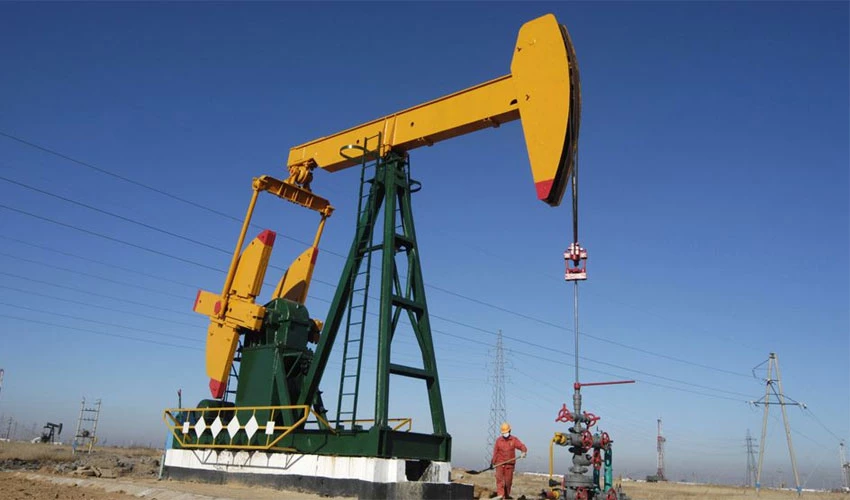Oil falls as China demand concerns fuel recession fears

LONDON (Reuters) - Oil prices fell on Monday, ending five straight days of gains, as investors looked to slowing economic activity in China, the world's biggest crude importer, which revived concerns about a global recession and falling global fuel demand.
Brent crude futures for December settlement fell by as much as 1.1%, and was last down 77 cents, or 0.8%, at $97.15 a barrel by 0645 GMT.
West Texas Intermediate crude for November delivery declined by as much as 1.1% and was last at $92 a barrel, down 64 cents, or 0.7%.
Services activity in China during September contracted for the first time in four months as COVID-19 restrictions hit demand and business confidence, data showed on Saturday.
The slowdown in the economy of China, the world's second-largest oil consumer after the United States, adds to growing concerns about a possible global recession triggered by numerous central banks raising interest rates to combat high inflation rates.
"Oil ... is getting hit with the triple whammy of China's economic weakness, US monetary policy tightening and Biden administration SPR intervention," Stephen Innes, managing director at SPI Asset Management, said in a note.
Innes was referring to the possibility of additional releases from the US Strategic Petroleum Reserve next month in response to the decision last week by the Organization of the Petroleum Exporting Countries and allies including Russia, known as OPEC+, to lower their output target by 2 million barrels per day.
Brent and WTI posted their biggest weekly percentage gains since March after the reduction was announced.
The OPEC+ cuts, which come ahead of a European Union embargo on Russian oil, will squeeze supply in an already tight market. EU sanctions on Russian crude and oil products will take effect in December and February, respectively.
"The cut is clearly bullish," ING analysts said in a note.
"However, there is obviously still plenty of other uncertainty in the market, including how Russian oil supply evolves due to the EU oil ban and G7 price cap, as well as the demand outlook given the deteriorating macro picture."







